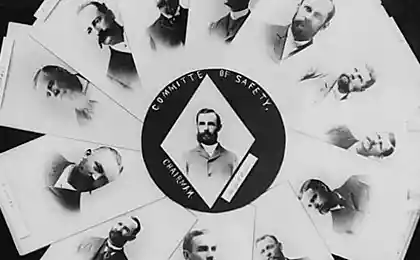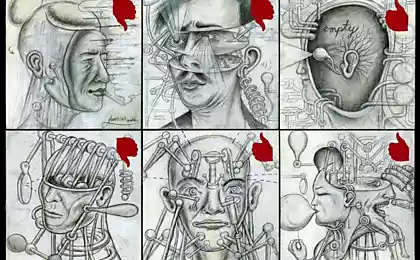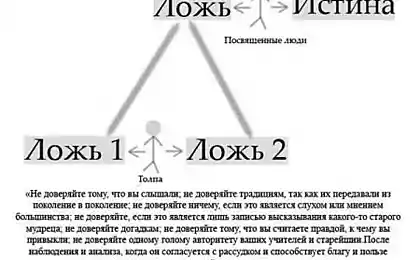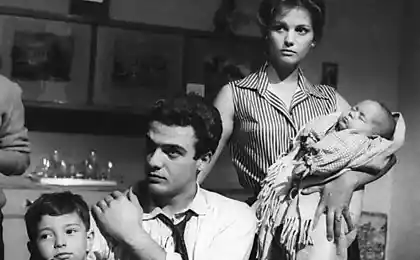482
People give any assessment of their capabilities, in addition to the real
You're not as smart as you think (and not so stupid) 44,645,898
Most often, we think we're doing great anything - sometimes better than most. Most employees feel that they are clearly "above average" among other such hard workers, and about one-third do think that they are included in the 5% of the best professionals in the business.
There is something in us, makes us believe that we are doing some thing very well, unlike all the others. This is called the Lake Wobegon after Garrison Keillor's novel "Days on Lake Wobegon" where all the children were "above average».
If a person really knows about the subject in which he is "the best" less than nothing, it does not matter - it will still consider themselves as such. This echoes the infamous Dunning-Kruger effect, which shows that people who do not have even a basic knowledge of the subject matter, lacks the experience to even realize how little they know. So they greatly overestimate their understanding of the subject.
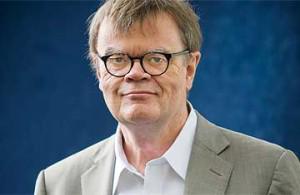
Meets the opposite effect: under favorable circumstances, people underestimate their skills in certain areas. It may look like a perfect balance between competence and modesty, but oddly enough, no experimental evidence for this is not. It is understood that people tend to believe, for example, that awful juggle or ride a bike odnokolёsnom.
However, to experimentally confirm this effect in everyday life is very difficult, because people rarely hold that they are not obtained, but these strange and often even unprofitable activities and make people underestimate themselves.
More people underestimate the likelihood that low-probability events can happen is with them. For example, the chance to buy a winning lottery ticket - one to a thousand, but most people appreciate this opportunity as one to 10 000. If the absolute probability of success is low, then even more people underestimate themselves.
via factroom.ru
Most often, we think we're doing great anything - sometimes better than most. Most employees feel that they are clearly "above average" among other such hard workers, and about one-third do think that they are included in the 5% of the best professionals in the business.
There is something in us, makes us believe that we are doing some thing very well, unlike all the others. This is called the Lake Wobegon after Garrison Keillor's novel "Days on Lake Wobegon" where all the children were "above average».
If a person really knows about the subject in which he is "the best" less than nothing, it does not matter - it will still consider themselves as such. This echoes the infamous Dunning-Kruger effect, which shows that people who do not have even a basic knowledge of the subject matter, lacks the experience to even realize how little they know. So they greatly overestimate their understanding of the subject.

Meets the opposite effect: under favorable circumstances, people underestimate their skills in certain areas. It may look like a perfect balance between competence and modesty, but oddly enough, no experimental evidence for this is not. It is understood that people tend to believe, for example, that awful juggle or ride a bike odnokolёsnom.
However, to experimentally confirm this effect in everyday life is very difficult, because people rarely hold that they are not obtained, but these strange and often even unprofitable activities and make people underestimate themselves.
More people underestimate the likelihood that low-probability events can happen is with them. For example, the chance to buy a winning lottery ticket - one to a thousand, but most people appreciate this opportunity as one to 10 000. If the absolute probability of success is low, then even more people underestimate themselves.
via factroom.ru
Pot of immigrants from East Asia, less smelly than the other people
Strange loops can be an argument in favor of the possible existence of artificial intelligence

